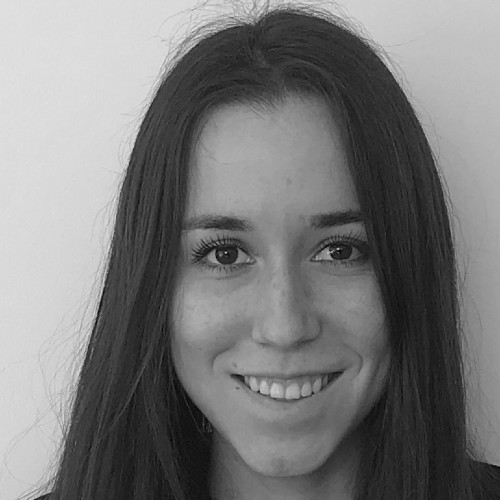
Tara DiMaio
Reporter, Technology and Mind & Behavior
@tara_dimaioTara DiMaio is based in Los Angeles, CA, and covers Technology and Mind & Behavior for The Academic Times. Prior to that, Tara worked on the communications team at The Good Food Institute and was a news and lifestyle reporter for PETA. She published a series on alternative protein that now promotes a research program with over $8 million awarded in grants. Tara has a degree in environmental studies and marketing from The George Washington University.